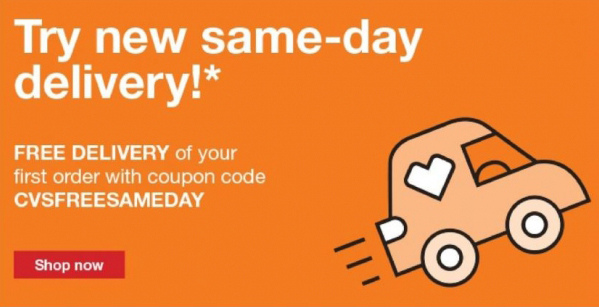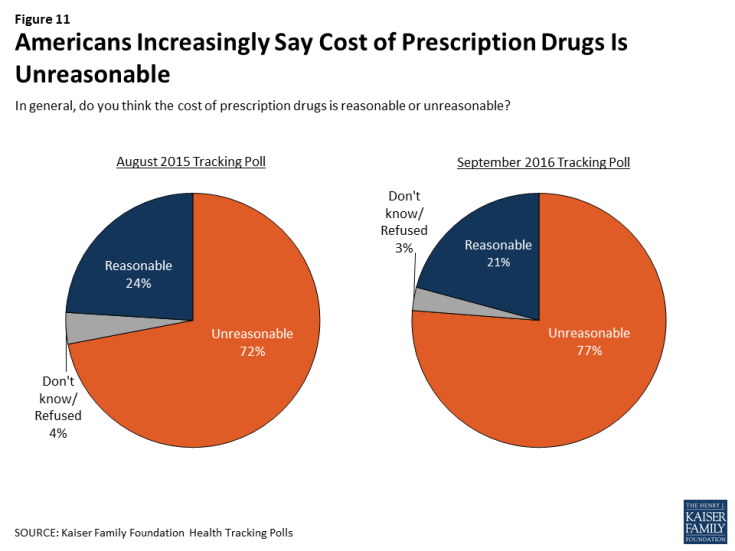 Talk about the last mile in healthcare. CVS Pharmacy will deliver prescription drugs to patients’ homes, the company announced this week. “Same-day prescription delivery gives customers the easy option of having the pharmacy they trust deliver right to their front door at no cost,” Helen Foulkes, President of CVS Pharmacy, said in the press release.
Talk about the last mile in healthcare. CVS Pharmacy will deliver prescription drugs to patients’ homes, the company announced this week. “Same-day prescription delivery gives customers the easy option of having the pharmacy they trust deliver right to their front door at no cost,” Helen Foulkes, President of CVS Pharmacy, said in the press release.
Rx home delivery may not be “the” last mile to conquer all healthcare access challenges, but it’s nonetheless a signal that healthcare industry suppliers are focusing on helping patients streamline their health-consumer lives.
In this case, it’s also CVS morphing towards Amazon’s Prime delivery model. Amazon recently acquired pharmacy licenses in at least twelve states, as reported in the St. Louis Post-Dispatch.
CVS Pharmacy’s Rx delivery service will start in Manhattan and expand to Boston, Miami, Philadelphia, San Francisco, and Washington, DC, in 2018. CVS Pharmacy will also grow its partnership nationally with Instacart to offer delivery of “front-of-store” products — over-the-counter medicines, beauty supplies, and food items, to reach one-half of American households by 2018.
Just weeks ago, the company launched CVS Curbside which allows customers to shop online or via the CVS app to pick up products from the storefront without leaving their car. Here’s a video on the service.
Health Populi’s Hot Points: This week at the Oliver Wyman Health Innovation Summit, participants are brainstorming healthcare industry disruption underpinned by three tectonic forces: economic and government (regulation, geopolitics, sharing), technology advances (Big Data, AI, clinical innovation, Internet of Things), and sociological shifts (demographics, trust, and demand personalization). Together, these drivers inspire the opportunity for healthcare stakeholders, both those in the legacy system and new entrants, to address gaps and challenges facing consumers, patients and caregivers.
CVS’s new delivery offering is but one greenshoot example in this expanding retail health landscape. Our near-to-mid-term forecast shows that patients will continue to take on more DIY healthcare tasks, incentivized by a new financial wellness mandate (THINK: high-deductible health plans and consumers’ first-dollar healthcare risk).
 Addressing this patient financial management pain point, Surescripts announced a program with five electronic health records (EHR) companies (representing 53% of U.S. physicians), along with pharmacy benefit management companies CVS Health and Express Scripts (covering nearly 2 in 3 U.S. patients), to provide real-time information to physicians at the point-of-prescribing with patients. It’s important to note that three-quarters of U.S. adults say the cost of prescription drugs is “unreasonable,” a recent Kaiser Family Foundation Health Tracking Poll found. This will enable physician prescribers to inform and advise patients what their co-payment and true cost of medicines will be before dealing with the pharmacy, preventing (or, at least, better managing) prescription sticker-shock at the point-of-purchase and supporting medication adherence — the initial fill of the Rx and the ongoing consumption of the drug therapy consistent with the prescriber’s instructions. This can bolster physician-patient conversations, shared decision making, health literacy, adherence and good health outcomes. For physicians increasingly taking on value-based payment, those good outcomes then should result in better financial outcomes for the practice — thus supporting financial wellness for both patient and doctor.
Addressing this patient financial management pain point, Surescripts announced a program with five electronic health records (EHR) companies (representing 53% of U.S. physicians), along with pharmacy benefit management companies CVS Health and Express Scripts (covering nearly 2 in 3 U.S. patients), to provide real-time information to physicians at the point-of-prescribing with patients. It’s important to note that three-quarters of U.S. adults say the cost of prescription drugs is “unreasonable,” a recent Kaiser Family Foundation Health Tracking Poll found. This will enable physician prescribers to inform and advise patients what their co-payment and true cost of medicines will be before dealing with the pharmacy, preventing (or, at least, better managing) prescription sticker-shock at the point-of-purchase and supporting medication adherence — the initial fill of the Rx and the ongoing consumption of the drug therapy consistent with the prescriber’s instructions. This can bolster physician-patient conversations, shared decision making, health literacy, adherence and good health outcomes. For physicians increasingly taking on value-based payment, those good outcomes then should result in better financial outcomes for the practice — thus supporting financial wellness for both patient and doctor.
Peoples’ homes, both bricks-and-mortar and living mobile lives (in and outside of the doctor’s office), will be “where” more people expect health/care to be delivered and made.





 Interviewed live on BNN Bloomberg (Canada) on the market for GLP-1 drugs for weight loss and their impact on both the health care system and consumer goods and services -- notably, food, nutrition, retail health, gyms, and other sectors.
Interviewed live on BNN Bloomberg (Canada) on the market for GLP-1 drugs for weight loss and their impact on both the health care system and consumer goods and services -- notably, food, nutrition, retail health, gyms, and other sectors. Thank you, Feedspot, for
Thank you, Feedspot, for  As you may know, I have been splitting work- and living-time between the U.S. and the E.U., most recently living in and working from Brussels. In the month of September 2024, I'll be splitting time between London and other parts of the U.K., and Italy where I'll be working with clients on consumer health, self-care and home care focused on food-as-medicine, digital health, business and scenario planning for the future...
As you may know, I have been splitting work- and living-time between the U.S. and the E.U., most recently living in and working from Brussels. In the month of September 2024, I'll be splitting time between London and other parts of the U.K., and Italy where I'll be working with clients on consumer health, self-care and home care focused on food-as-medicine, digital health, business and scenario planning for the future...